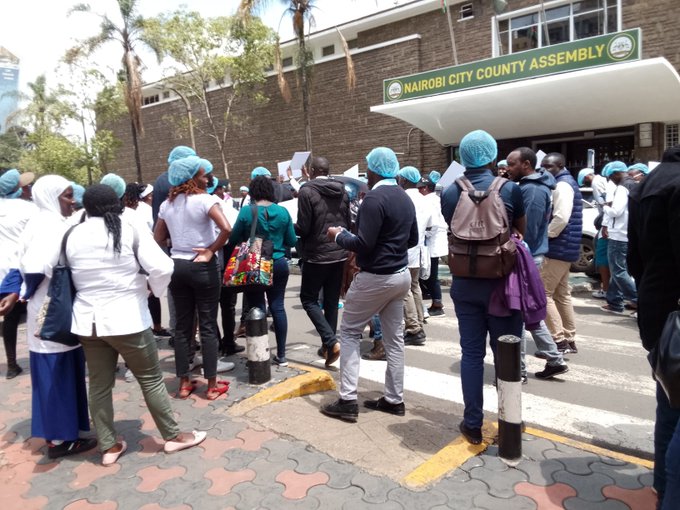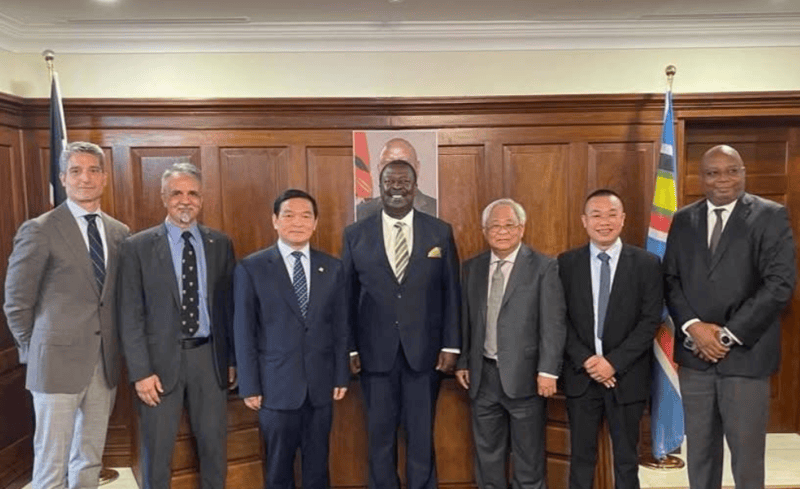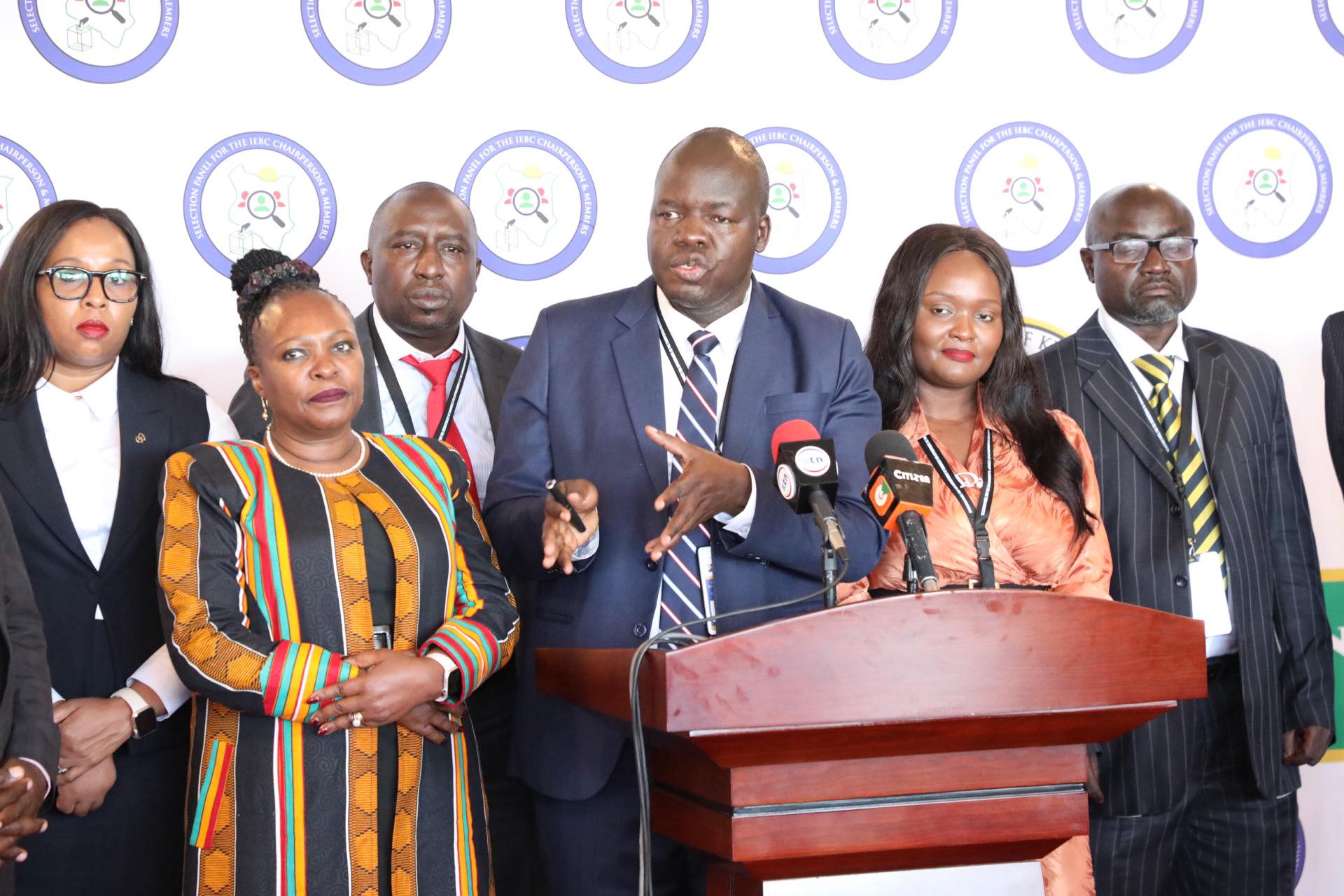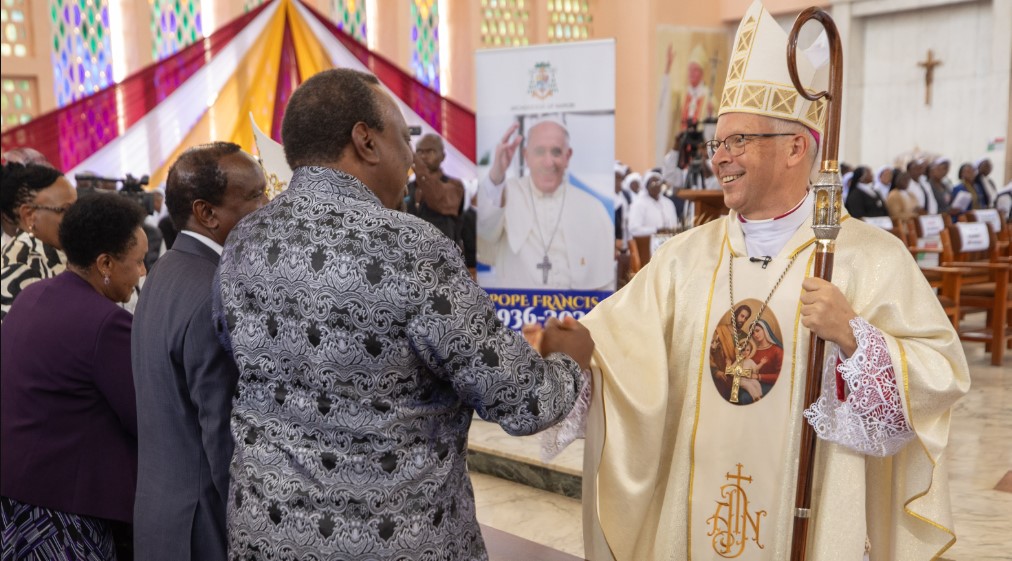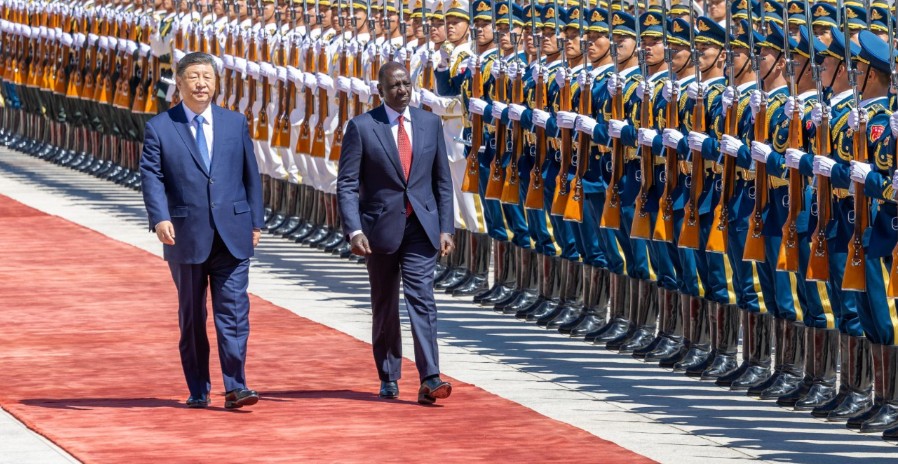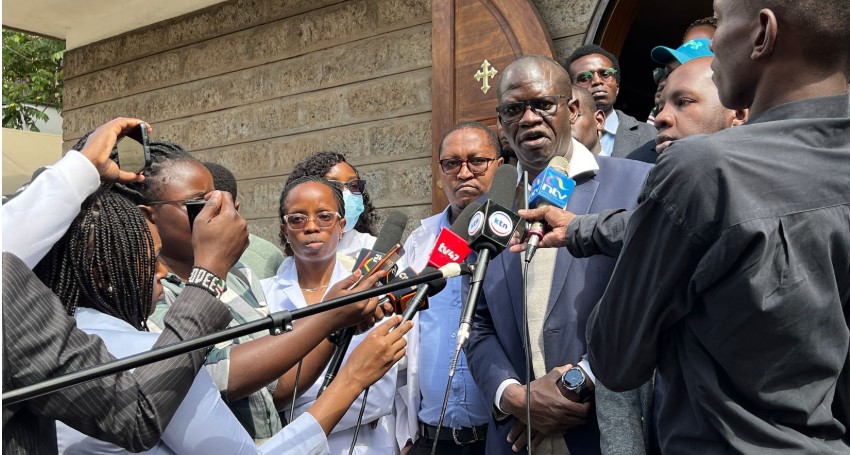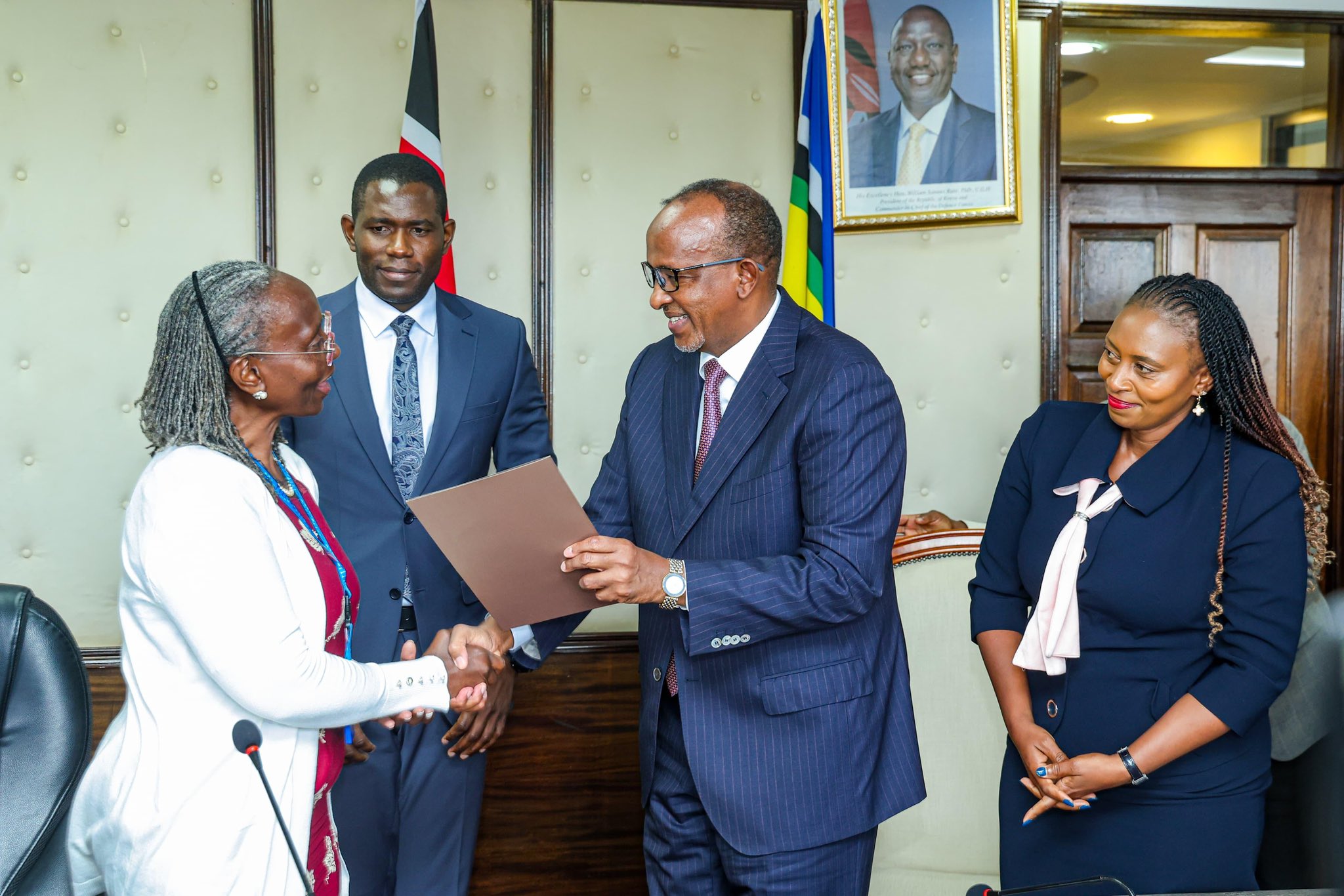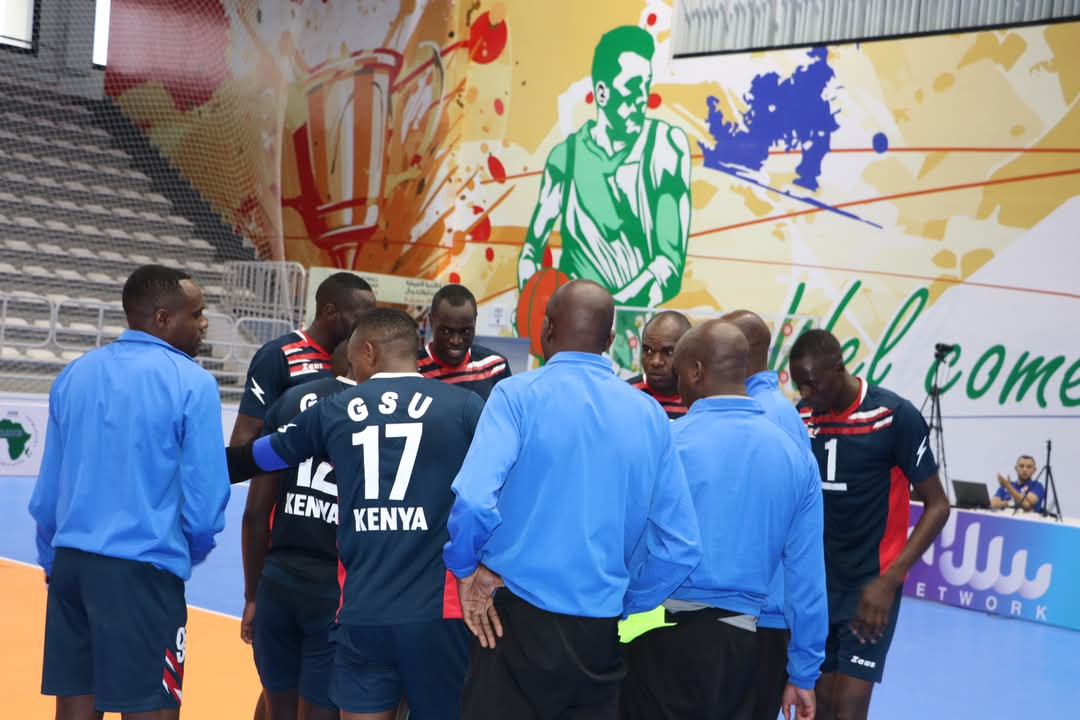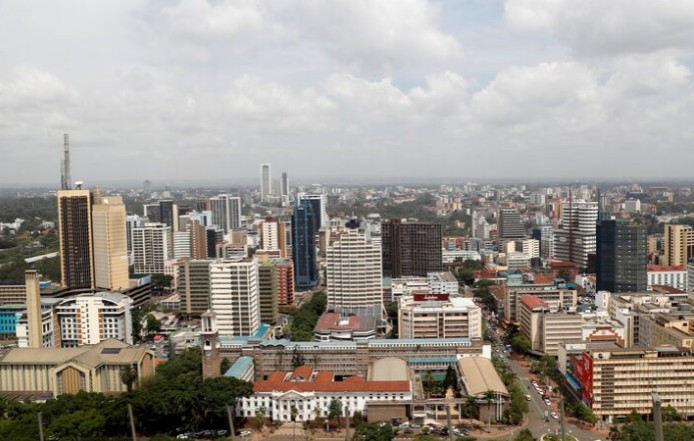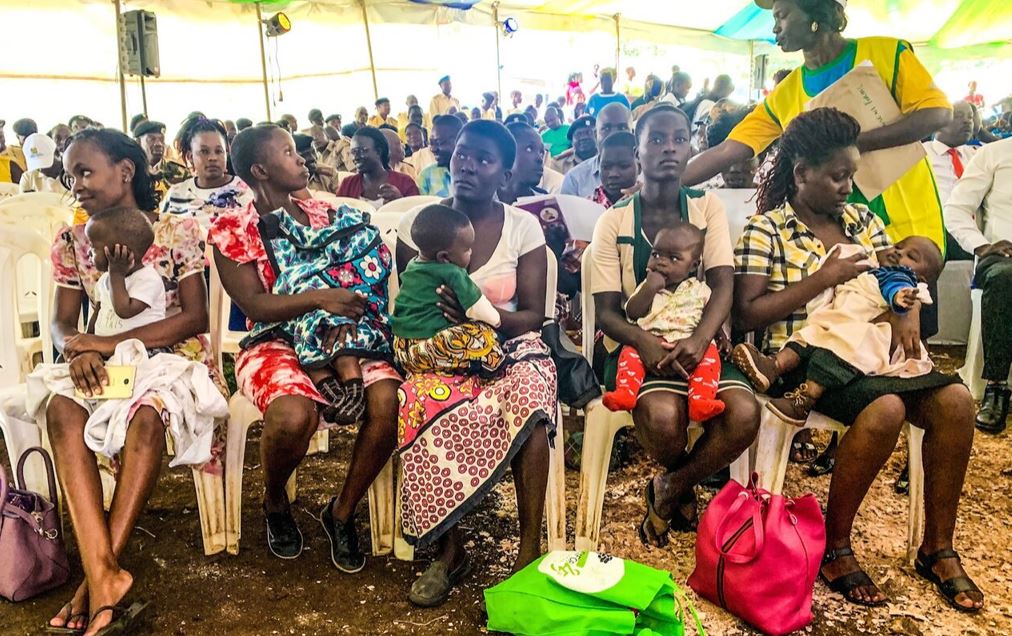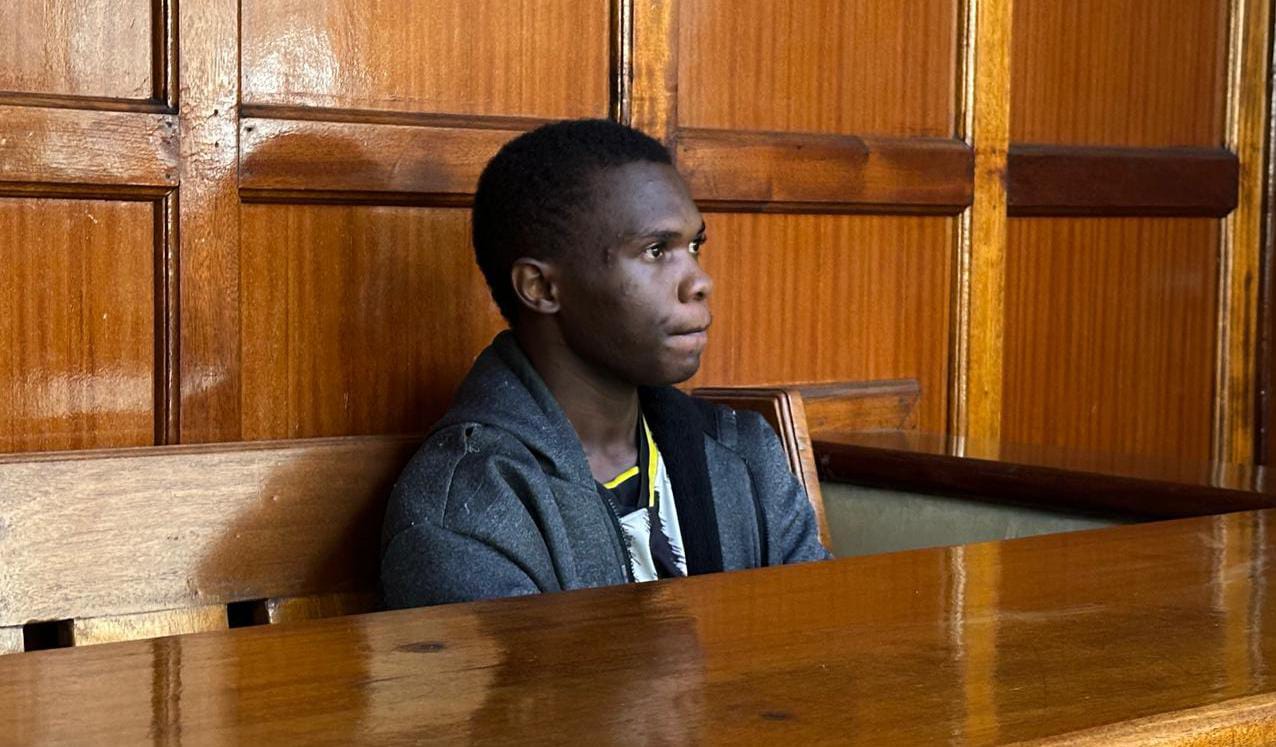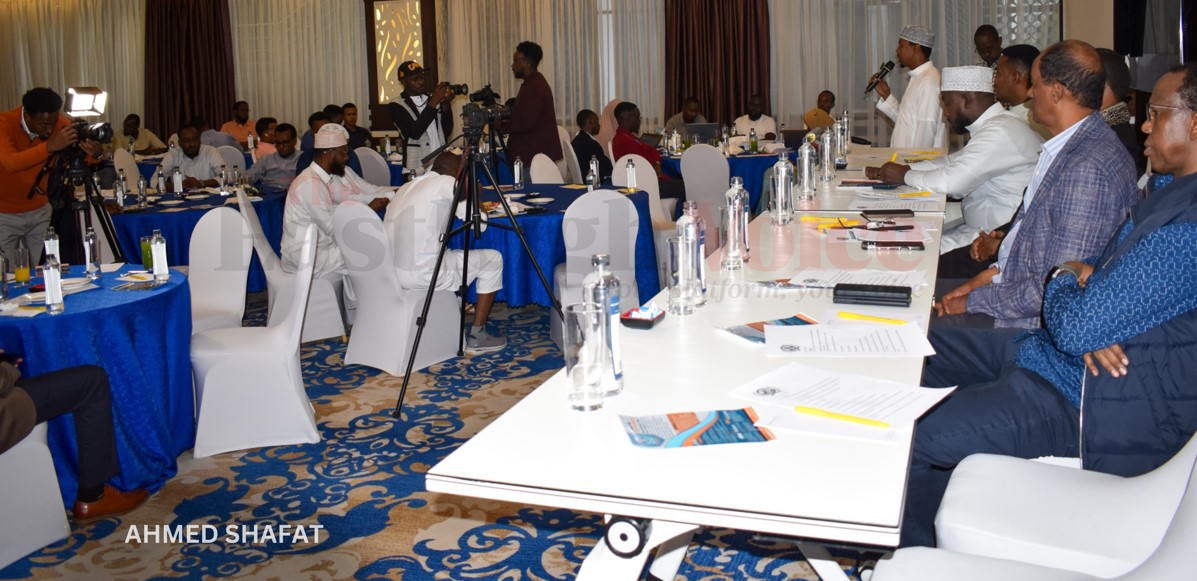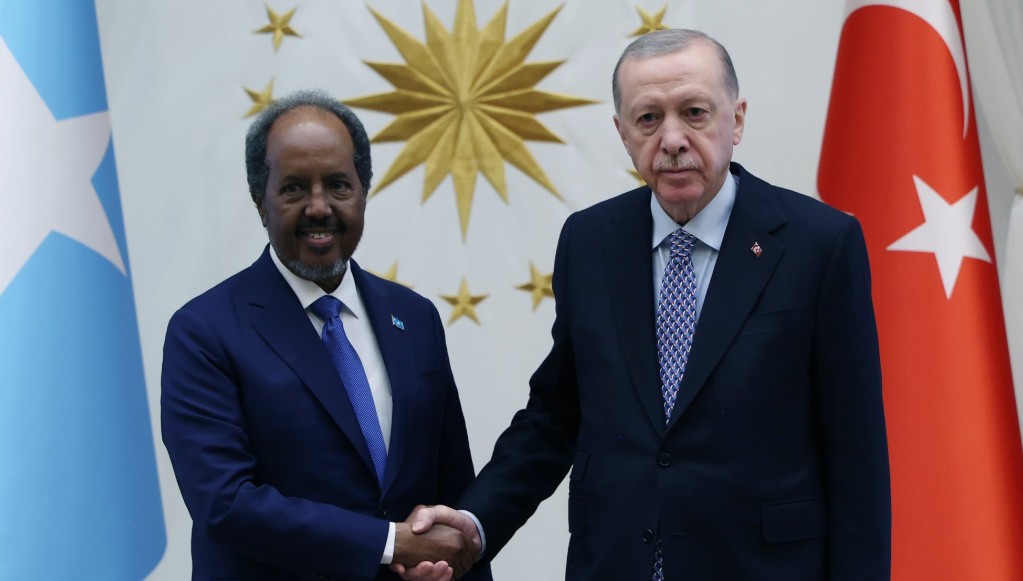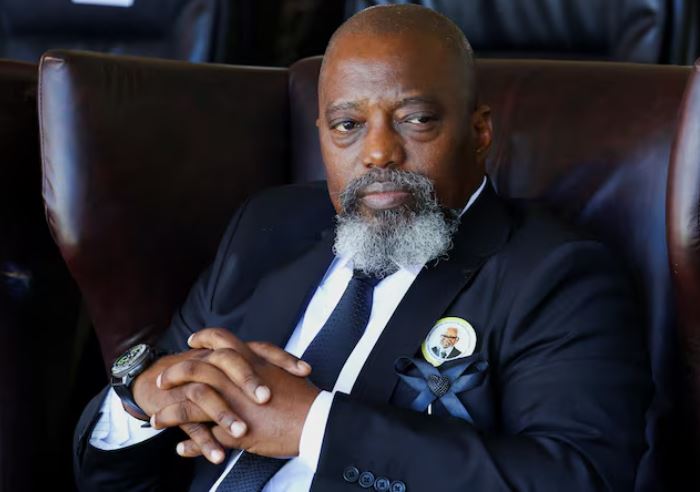Budget cuts threaten Defence Forces Memorial Hospital services, MPs told
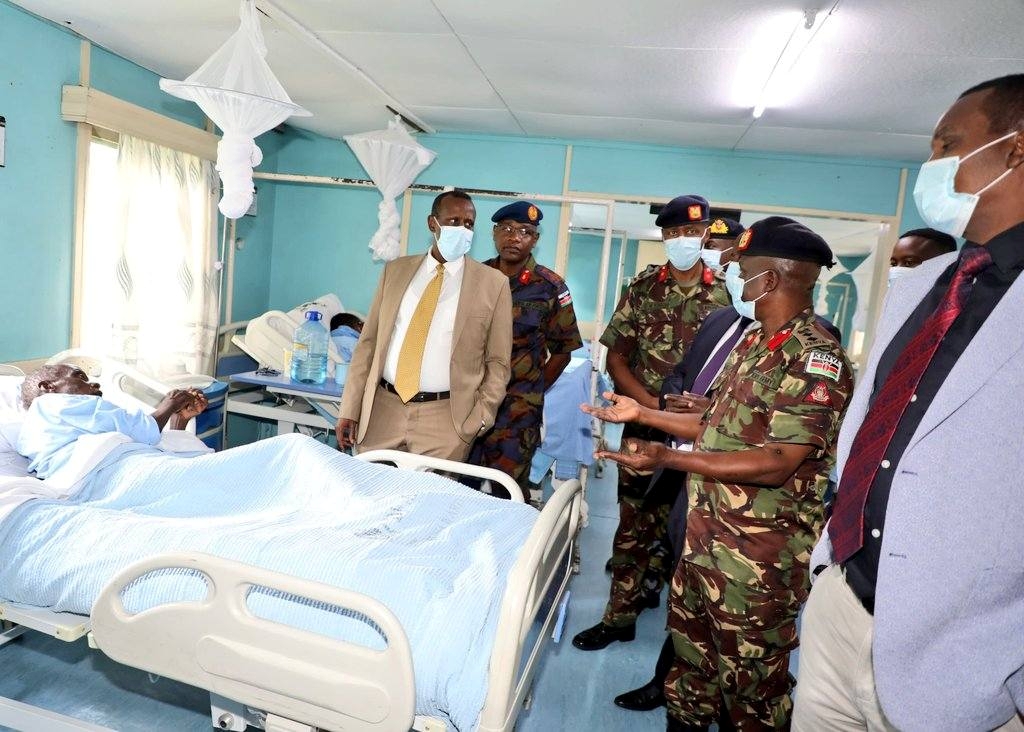
Many of the hospital’s wards, built in the 1970s, are in dire need of modernisation to meet current medical standards.
The Defence Forces Memorial Hospital (DFMH) in Nairobi is facing significant challenges, including outdated infrastructure and limited resources, according to MPs who visited the facility on Thursday.
Led by Vice Chair MP Maj. (Rtd) Bashir Abdullahi, the National Assembly's Departmental Committee on Defence, Intelligence and Foreign Relations toured the hospital, which serves members of the Kenya Defence Forces (KDF) and their families.
More To Read
- KDF holds requiem mass for General Ogolla and nine soldiers killed in helicopter crash
- Ruto calls for responsible military discourse, reaffirms KDF's role in national stability
- MPs fault KDF for neglecting security as cross-border threats escalate
- Eldoret Sports Club to host 2025 Athletics Kenya Cross Country Championships
The hospital also plays a key role in training medical personnel through its affiliation with the Defence Forces College of Health Sciences.
During the visit, MPs were briefed by the hospital's leadership, including Commandant Brig. J.M. Khaoya and Chief Medical Officer Brig. Dr. C.M. Kingori.
They highlighted that many of the hospital’s wards, built in the 1970s, are in dire need of modernisation to meet current medical standards.
“The hospital’s wards were built in the 1970s. They need to be updated to meet modern standards for clinical support,” Brig. Khaoya explained.
Additionally, Brig. Dr. Kingori noted that space limitations have forced some wards to be converted into classrooms and staff quarters.
“Several wards have been repurposed into classrooms and quarters due to space limitations, leaving critical gaps in patient care infrastructure,” he said.
The MPs were also informed that budget cuts have led to delays in the procurement of essential medical equipment.
Brig. Khaoya admitted, “We’re operating with an increasingly limited budget,” a situation that is affecting the hospital’s ability to offer essential services.
Despite these setbacks, DFMH managed 3,398 inpatient cases in 2024. The hospital has also expanded its training programs and improved diagnostic services, especially in pediatric and radiology care.
“Our training programs have expanded, and our diagnostic capabilities continue to improve, especially in pediatric and radiological services,” Dr. Kingori stated.
The MPs pledged to advocate for better funding and policy support to ensure that the hospital continues to provide critical care to KDF personnel and their families.
Top Stories Today



